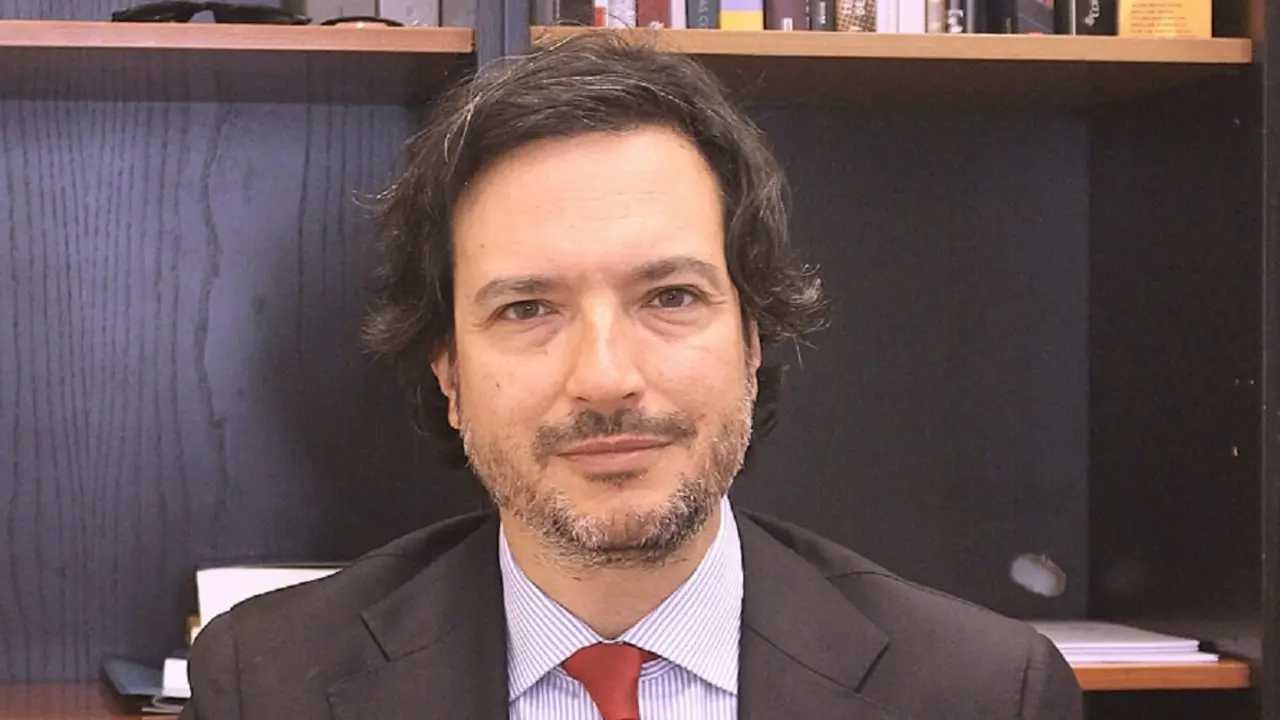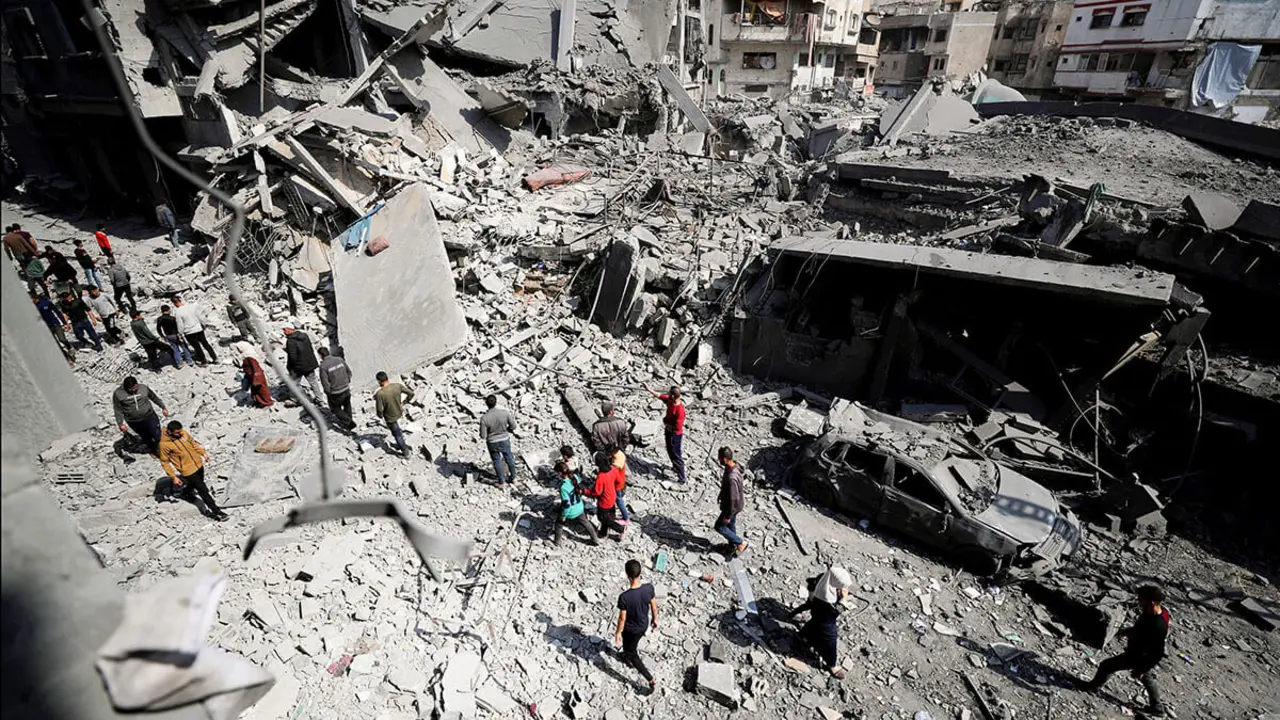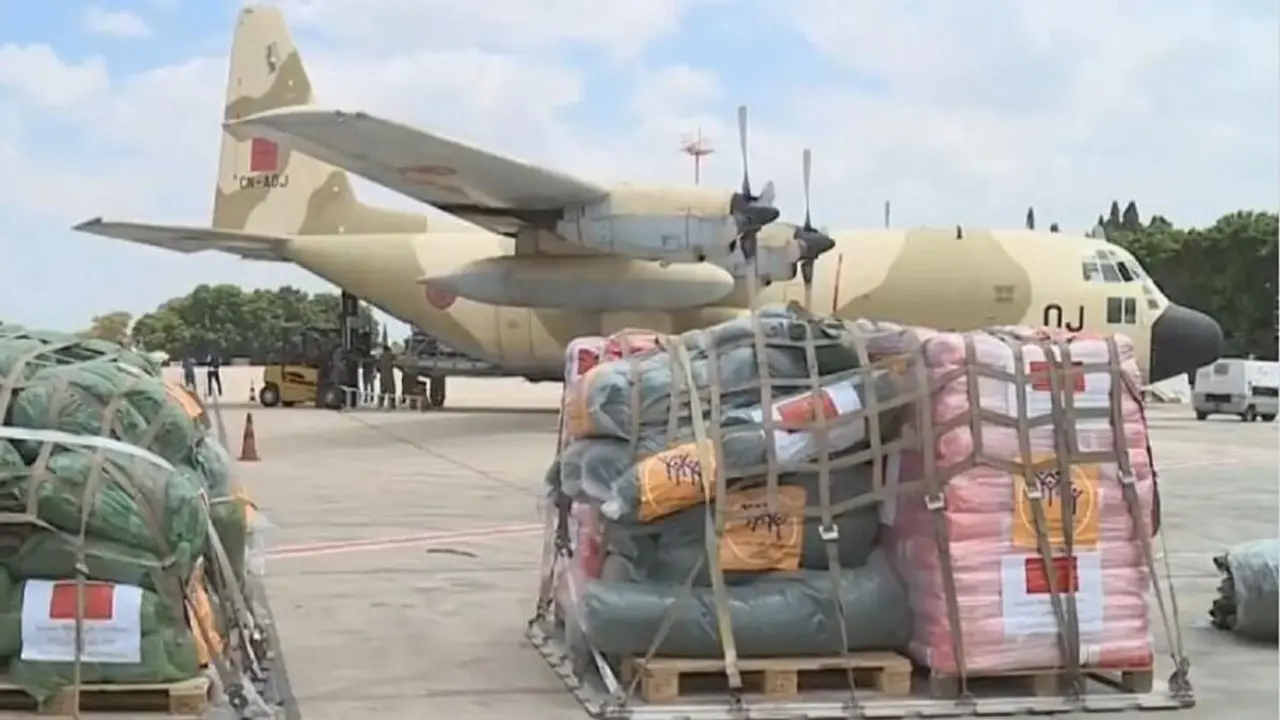Marruecos pone fin al estado de emergencia sanitaria

It is barely three years since the start of the Covid-19 pandemic, when the Moroccan government implemented a state of health emergency to combat the spread of the disease. This measure has been periodically renewed by government decree since 24 March 2020, and will finally come to an end on 28 February 2023.
The reason for the absence of further extensions of the state of alert is due to the control of the spread of Covid-19 throughout the Kingdom. According to the Ministry of Health, the disease situation has been characterised since September 2022 by a very low spread of the virus throughout the country. "The epidemiological situation in Morocco is under control," the Minister of Health and Social Protection, Khalid Aït Taleb, said last January. "We had known a small wavelet of Omicron under its new variant, BQ1, and the peak has been observed since 22 November. Now, of course, we are in a very favourable situation, as we are seeing fewer cases, day by day," the minister said in an interview with Le360.

Mouad Mrabet, coordinator of the ministry's National Centre for Public Health Emergency Operations, agreed, saying the current epidemiological situation "is the best" since the start of the pandemic.
The state of alarm decreed by the Moroccan government at the start of the pandemic has created a legal framework over the past three years that has allowed the authorities to take exceptional measures, whether economic, financial or social, to deal with the spread of the virus. Confinements, temporary border closures, travel restrictions and bans on meetings and sporting events were some of these anti-coronavirus policies that were gradually lifted as the disease situation improved.
Along with the end of the state of health emergency, the obligation to present a health card on arrival in Morocco, the last health measure that remained in force until now, has also been abolished. This was announced by the National Airports Office (ONDA) in a statement on its Twitter account.
La présentation de la fiche sanitaire du passager n'est plus requise à l'entrée au territoire Marocain.#ONDA #AéroportsduMaroc #Aéroports pic.twitter.com/ZozhVwkUNs
— ONDA (@ondaofficiel) February 27, 2023
Prior to this measure, several decisions were taken to make the entry of tourists to Morocco more flexible in order to benefit this sector, such as the removal of PCR health restrictions or the vaccination schedule when entering Moroccan territory.
In any case, the improvement in the situation has not prevented urgent measures from being taken to curb new variants of the disease, as was done at the beginning of the year 2023 with the upsurge of cases in China, in response to which Rabat banned the entry of travellers from the Asian country. "The alert is still there," says Minister Khalid Aït Taleb.
Since the spread of Covid-19 in Morocco on 2 March 2020, more than 16,000 people have died from the disease and a total of almost 1.3 million people have been infected, according to official statistics. Out of 36 million Moroccans, more than 23 million have received a second dose of the vaccine and almost 7 million a third. The coronavirus pandemic, three years after its outbreak, appears to be fully under control in the Alawi kingdom.








